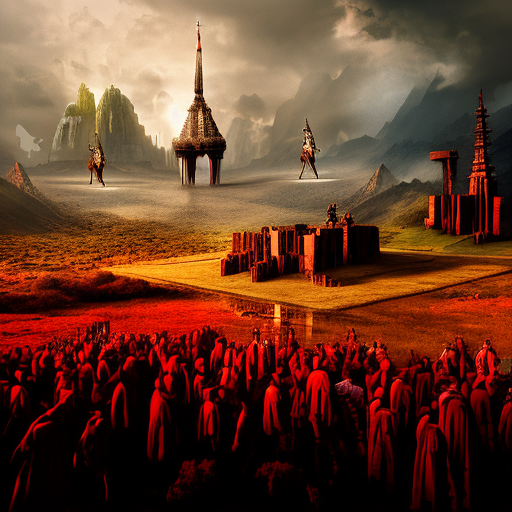One-line Summary:
Caste: The Origins of Our Discontents by Isabel Wilkerson explores the deeply entrenched caste system in America, drawing parallels to India and Nazi Germany, and offers a powerful analysis of how caste influences every aspect of society.
Unveiling the American Caste System
In “Caste: The Origins of Our Discontents,” Isabel Wilkerson delves into the hidden and pervasive caste system that underlies American society. Drawing on extensive research, historical examples, and personal anecdotes, Wilkerson exposes how caste divisions shape the lives of individuals and communities, perpetuating inequality and discrimination. She argues that caste, like race, is a social construct that assigns people to fixed positions in a hierarchy, determining their opportunities, privileges, and treatment.
Wilkerson compares the American caste system to those in India and Nazi Germany, highlighting the similarities in the ways in which social hierarchies are established and maintained. She explains that while race is a key component of the American caste system, caste extends beyond race to encompass other aspects of identity, such as gender, religion, and socioeconomic status. This comprehensive understanding of caste allows Wilkerson to explore the far-reaching implications of this system and its impact on individuals and society as a whole.
The Historical Roots and Manifestations of Caste
By tracing the historical roots of caste in America, Wilkerson reveals how it has been deeply ingrained in the nation’s foundations. She explores the origins of caste in the colonial era, where the enslavement of Africans and the subjugation of Native Americans established the groundwork for a rigid social hierarchy. Wilkerson also examines the role of eugenics and scientific racism in perpetuating caste divisions, as well as the ways in which caste has been reinforced through discriminatory policies and practices.
Wilkerson further examines the manifestations of caste in various domains of American life, including politics, education, healthcare, and the criminal justice system. She illustrates how caste influences voting patterns, educational opportunities, access to healthcare, and the likelihood of being targeted by law enforcement. Through powerful anecdotes and data-driven analysis, Wilkerson exposes the systemic biases that perpetuate caste-based inequalities and limit social mobility.
Breaking Free from the Caste System
While “Caste: The Origins of Our Discontents” paints a stark picture of the entrenched nature of caste in America, Wilkerson also offers hope for dismantling this system and creating a more equitable society. She emphasizes the importance of acknowledging and confronting the caste system, both on an individual and societal level. Wilkerson calls for empathy, understanding, and collective action to challenge the deeply ingrained biases and structures that perpetuate caste divisions.
Wilkerson also highlights the role of social movements and grassroots activism in challenging caste hierarchies. She draws parallels to the Civil Rights Movement and the fight against apartheid in South Africa, emphasizing the power of collective action in effecting change. By examining successful strategies employed by these movements, Wilkerson provides a roadmap for dismantling the American caste system and building a more inclusive society.
Key Takeaways:
- The American caste system, like those in India and Nazi Germany, assigns individuals to fixed positions in a social hierarchy based on factors such as race, gender, religion, and socioeconomic status.
- Caste influences every aspect of American society, perpetuating inequality and discrimination in areas such as politics, education, healthcare, and the criminal justice system.
- Recognizing and challenging the caste system is essential for creating a more equitable society, requiring empathy, understanding, and collective action.
“Caste is the bones, race is the skin. Race is what we can see, the physical traits that have been given arbitrary meaning and become shorthand for who a person is. Caste is the powerful infrastructure that holds each group in its place.”
In “Caste: The Origins of Our Discontents,” Isabel Wilkerson provides a thought-provoking analysis of the American caste system, shedding light on its historical roots and contemporary manifestations. By drawing parallels to other caste systems and offering strategies for dismantling this deeply entrenched hierarchy, Wilkerson challenges readers to confront the biases and inequalities that shape society. This book serves as a powerful call to action, urging individuals and communities to work towards a more just and inclusive future.












